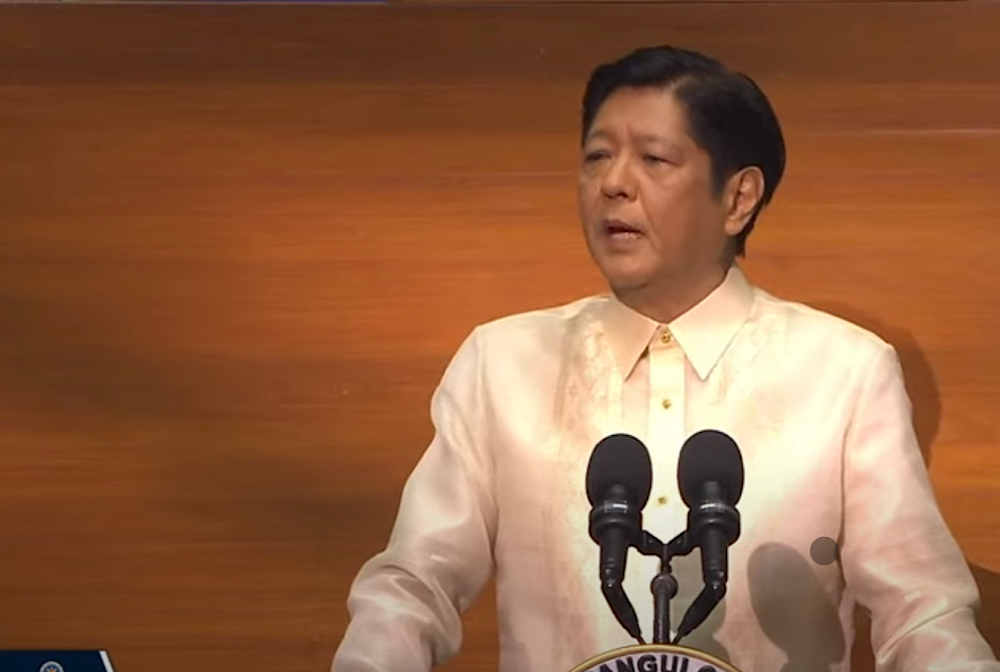Special court dismisses ‘ill-gotten’ wealth case against the Marcos clan
For the second time this year, the Sandiganbayan, the Philippines’ special anti-graft court, dismisses a case against the Marcoses and their cronies for "lack of evidence". The only witness lacked direct knowledge. Electoral support for the Marcos family hinders a balanced view of the dictatorship.
Manila (AsiaNews) – For the second time this year, the Sandiganbayan,[*] a special appellate court with jurisdiction over graft and other offences by public officials and employees, dismissed for lack of evidence a civil case against the Marcoses over illegally acquired assets.
President Ferdinand Marcos Sr ruled the Philippines with an iron fist between 1972 and 1986, when he was overthrown and forced into exile with his family in a non-violent revolution in which the country’s Catholic Church played a crucial role.
The lawsuit in question began in 1987 and concerned assets held by companies tied to the dictator’s cronies. For the prosecution, the defendants together acquired and accumulated considerable assets at the expense of the government. However, the court ruled that no evidence of the Marcoses' involvement in the companies that acted as intermediaries in the use of public funds.
The only witness for the prosecution, the custodian of the Presidential Commission on Good Government's records, lacked direct knowledge of the veracity of the documents entered as evidence, most of which were illegible photocopies.
This case is the latest in a series that saw the Marcos avoid conviction. While Ferdinand Marcos Sr died in Hawaii in 1989, his wife Imelda, 93, their children and heirs, aides and family friends are still alive and liable of prosecution.
On 21 February, the Sandiganbayan’s Fifth Division dismissed another civil case against the Marcoses and others in relation to more alleged ill-gotten wealth by the dictator’s family. The case involved some creative accounting practices favouring the late dictator and people connected to him.
Curiously, three months later, the Fourth Division rejected for lack of merit a motion by members of the Marcos family to reacquire properties and assets earlier deemed as ill-gotten.
While the most direct heirs of the former dictator occupy major political roles or manage ambitious business projects, former First Lady Imelda Marcos was forced out of the race for governor in Ilocos Norte province in 2019, after she was convicted of graft. She was replaced by one of her grandchildren who went on to win in what is the Marcoses’ electoral “fiefdom”.
For many Filipinos, the political support the Marcos dynasty still enjoys, their wide network of interests and loyalties and, not least, the presence of a Marcos in the president’s office since last year raise several questions.
Not only, do these issues keep alive the memory of the abuses and ruthless repression by the Marcos clan, but they also prevent forming a balanced judgment on a dark period of Philippine history amid attempts to rehabilitate the late dictator’s reputation.
[*] Literally, Support of the Nation
09/11/2018 10:13
21/09/2022
18/06/2022 16:25







.png)










